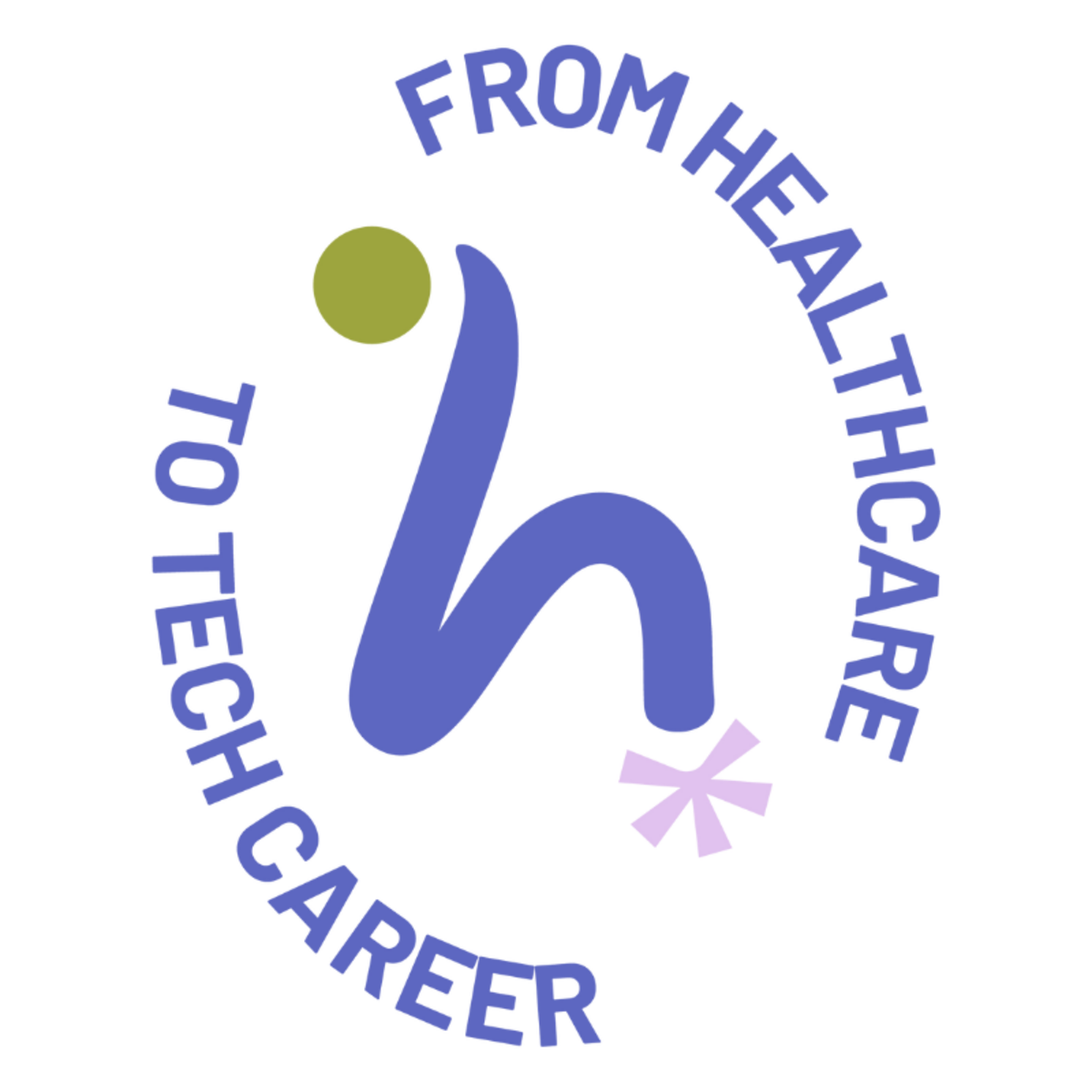Hey Health Techies!
Last week I started a bit of a series on nontraditional healthcare jobs that I wish I had known about sooner in my career. This week, I’ll continue on with a job title that is near and dear to me, as it’s the one I currently hold.
In contrast to last week’s implementation manager role, this one is less about the tactical implementation of a product and more about the strategy of planning and building it.
This week’s job: Product Manager.
❓ So what exactly is product management?
Product management is a strategic function in a business that manages the lifecycle of a product as a means to satisfy customer needs and meet business goals. This role usually works in concert with user experience designers and software developers to bring a feature or set of features to life in a product.
Last week I used the example of an AI-assisted documentation software. Let’s continue with that example. You, as a product manager at the AI software company, would spend your time getting close to user needs and problems. You’d conduct user interviews and analyze their current workflows to assess how they could be improved. Then you’d take these inputs and hypothesize the best way to solve the problems that users are facing, most often prioritizing the highest impact, lowest effort ones first.
🧑🏻💻 Why are product managers so important?
Product managers are ultimately responsible for a product or set of features. If a product is underperforming, it’s often the duty of the product manager to diagnose why and how it can be improved. Without PMs, product ideas might get tossed around without overall line of sight into the how they fit into the overall vision as well as business goals.
In healthcare tech, there are a million improvements that could be made. I mean for goodness sake, we’re still using fax machines like they are the latest technological advancement we have. Product managers take a seemingly neverending to-do list of software improvements that could be made in healthcare and ensure that they are working on the most impactful work first.
👨🏽⚕️ Why are clinicians so well-suited for this role?
One of the most underrated skills of a product manager is being customer-focused. This doesn’t just mean launching features and measuring customer satisfaction. This means having deep empathy for the problems that customers are facing and a commitment to solving them.
No one knows how to do this better than a clinicians. Think about being a part of building a patient-facing product. In this case the product manager needs to get close to patient problems through subject matter expertise, patient interviews, and data. Then the PM compiles their findings to priortize solutions to help solve the most impactful problems.
Or think about a PM building a clinician-facing product. Who better to understand the broad problem set that faces clinicians than another clinician? Whether it’s documentation, billing, e-prescribing, or retrieving current clinical guidelines, there are a plethora of reasons that clinicians use software to help them with their day to day activities and an endless list of things that could be improved to save them time, make more well-informed decisions, and reduce the overall mental and physical load that they face.
Product management happens to be my role day to day and I find that it absolutely bleeds into every product that I use —when I’m annoyed at how many buttons I have to click to check in for my flights or when I think of a way to simplify the Hulu menu, I’m constantly saying “they really need a product manager on this”! The truth of the matter is that they probably have one, and that product manager is overloaded with other things that need to be prioritized. But it’s still fun to dream about how I’d improve my favorite products if given the chance.
Have you ever worked with a piece of software and thought “did the people who built this know anything about this workflow”? Or maybe “why can’t I do it this way — that would be so much easier”? You may be a product manager at heart.
📰 Weekly Wrap-up
Consultant group PwC estimates healthcare costs could grow up to 8% next year
Abridge, Epic, and Mayo Clinic are working together on generative AI products for nursees
Leaks are already out about how Oura may plan to outdo the Samsung Galaxy Ring
👀 Don’t miss these open roles
Continuity Clinician (MD) - Virta Health
Product Associate - Cohere Health
and more!
👋🏽 In case you missed it…
Last week I announced the creation of a new group program for clinicians in the Hey Health Tech community looking to land nontraditional roles in healthcare.
If you’ve been looking for a way to work together on your career journey, I encourage you to join the priority waitlist to get all the details.
The doors open to waitlisters next week on July 30th.
Until next time,
Lauren

